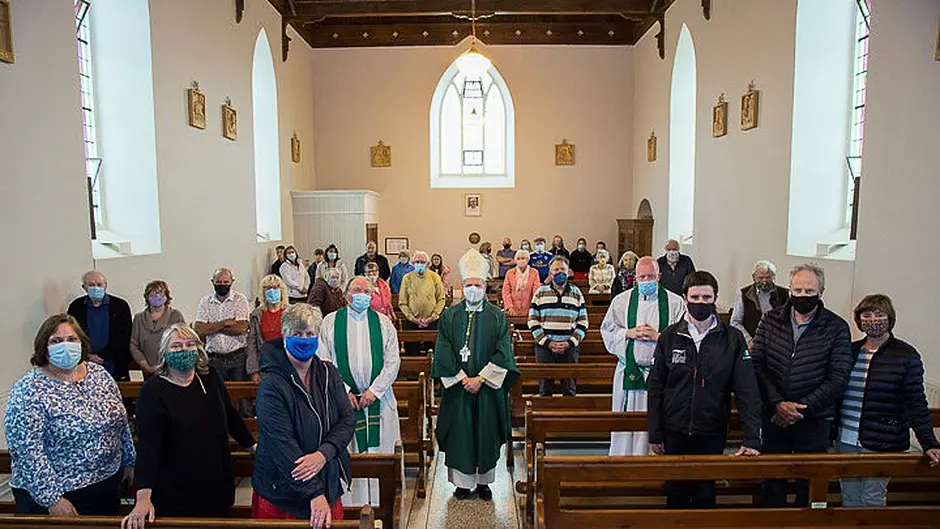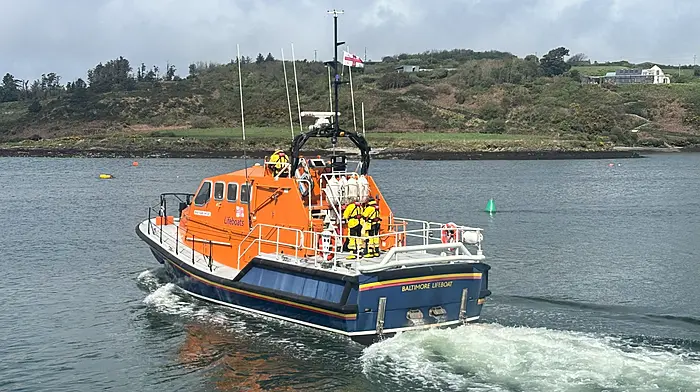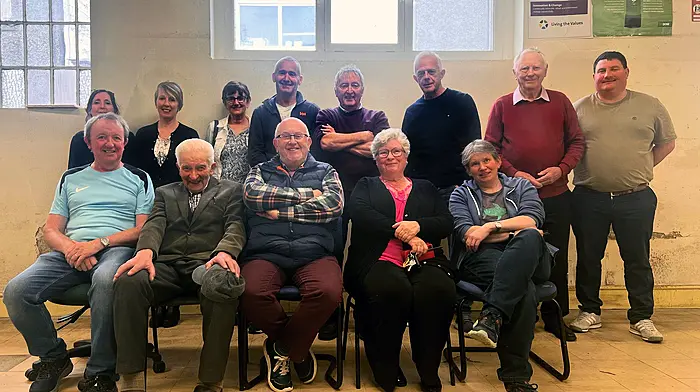Of the 82 priests assigned to parish duties within Cork and Ross, almost a quarter are over the age of 75. And now 12 are retiring and won’t all be replaced, posing a challenge for the diocese
A TOTAL of 12 parish priests in the diocese of Cork and Ross will be retiring over the next 16 months, posing a challenge for the running of its 68 parishes.
Bishop Fintan Gavin told The Southern Star last week that the first parish where the age profile of a priest is likely to have an effect is Ardfield and Rathbarry, where the parish priest is due to retire in September.
The age of retirement for a parish priest is 75. After that priests can continue to work, but they no longer have the responsibility of running a parish.
With 11 more parish priests due to retire the following year, the challenge goes beyond Ardfield and Rathbarry.
There are currently 82 priests assigned to parish duties within the Cork and Ross diocese, but almost a quarter of them are over the age of 75.
‘That is why there is a lot of change about to happen,’ said Bishop Gavin, who established an office for mission and ministry to support priests and parishioners with this transition.
‘We are breaking new ground,’ he added. ‘It is innovative and we will be learning to do this together.’
Details of how the new model is expected to take shape emerged when Bishop Gavin visited Rath and the islands recently.
Up to 2010, there was a priest residing in Rath, a priest assigned to the islands, and four more – including an administrator – in Skibbereen.
Today, there are just two priests in Skibbereen covering both parishes, while a retired priest, now living on Sherkin, is saying mass on the islands.
One of the key reasons why Rath is working so well, according to Bishop Gavin, is that it has strong lay leadership. In fact, he said, Rath ‘is the model’ they are working towards.
He cited some examples of how parishioners have helped, such as organising the rotas to sanitise the church when it reopened after lockdown.
They also organised his itinerary when he visited Rath, Sherkin and Cape Clear recently, and took charge of where he should go and who he should meet.
‘It’s a very hands-on, practical approach to parish life,’ he explained.
Fr Michael Kelleher, who has been the administrator in Skibbereen for the last eight years, spoke about the importance of involving local people.
‘Their local knowledge and understanding are essential at present, but will be even more necessary in the future,’ he said.
In the letter of appointment he received from Pope Francis, two years ago, Bishop Gavin said he was asked to ‘engage with the people of the diocese in unity, towards a period of renewal.’
‘I am trying to renew the diocese,’ he added, ‘by meeting with and listening to people. We are looking at the best ways we can hand on the faith, and the good news of the Gospel, to the next generation.’
With so many priests due to retire, the bishop said, they will not be in a position to replace each priest, so they will have to look at new ways of providing pastoral care and service to parishes and that means co-responsibility, working together, and sharing responsibilities.
As for the parish of Ardfield and Rathbarry, he said a family of parishes – which includes neighbouring Barryroe, Rosscarbery, Rossmore, Clonakilty and Timoleague – will work together.
The bishop has already met the priests in these parishes and they have agreed to share responsibility for each of the parishes.
‘This is the beginning of a new process,’ said Bishop Gavin.
‘My hope is to meet with parishioners and begin a similar process.’
He described what is happening, and what is about to happen, as ‘changing a culture and change can be challenging.
‘But with a diminishing number of priests, this is the new reality and we will have to embrace the challenge positively.’
The Covid-19 pandemic has slowed the process, but it is expected the changes will be most evident next year when 11 parish priests retire over a 12-month period.








